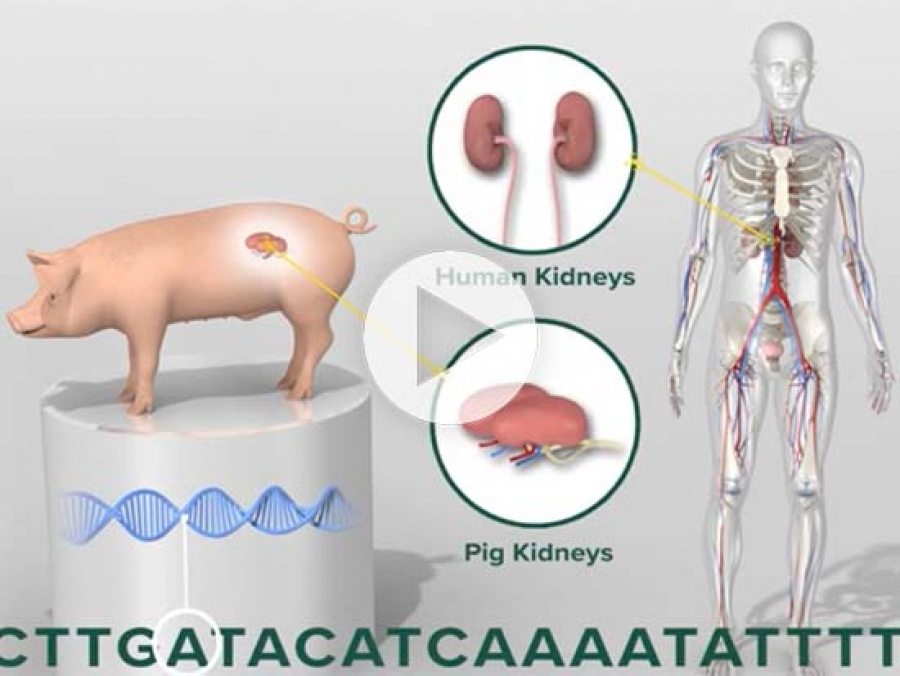News You Can Use
Type 2 diabetes is alarmingly on the rise in Alabama youth, but following a healthy diet and exercising regularly can help mitigate the risk and the severity.
UAB Health System’s senior director of Infection Prevention breaks down the chain of transmission and how we all can lower our risk of getting sick.
Maintain good dental health this Halloween by indulging that night, controlling candy intake after the binge, eating more chocolates than sticky, sour candy and brushing teeth twice daily.
Self-care means taking time to do things that help people live well and improve their physical health and mental health. UAB experts provide tips on how to incorporate self-care into a daily routine.
You cannot really germ-proof your home, but you can clean and disinfect things to improve your chances of preventing the flu.
The growing dependence on technology, coupled with the increasing threat of intrusion and cyberattacks, requires greater security in the online world.
Injury and illness can happen to anyone. Going to the right place of care could save lives.
The ability to understand and acquire knowledge can be protected by following a healthy diet, regular exercise, vitamin D consumption and participating in social activities.
Everyone will experience aging, but can a person enhance their aging through simple modifications? UAB experts say yes.
UAB experts provide tips for freshman students transitioning to college and how they can adjust to their new lives on campus.
Lizzy Davis, Ph.D., shares tips for healthy eating for college students living in residence halls.
Prices are going up, and — more than ever — Americans are feeling a pinch in their wallets. What causes inflation, and where do we go from here?
Implementing a consistent and simple routine can help with a smooth transition into a new school year and alleviate stress and anxiety in children and adolescents.
Car seats are documented to reduce injuries and deaths in children but are effective only if installed and used properly.
Mixing alcohol with the blaze of intense Southern heat can be a dangerous combo.
Get information on COVID vaccinations for children 5 and younger, such as how soon a child can be vaccinated following an infection with COVID-19, dosage requirements, the negative impact of the virus on children and more in these YouTube videos — perfect for sharing on social.
Thousands of people, many of them children, suffer eye injuries from fireworks each year in the United States. UAB ophthalmologists at the only eye emergency room in Alabama provide safety tips.
One UAB expert provides tips on how you can stay hydrated this summer during The World Games.
As the summer temperatures increase, so does the risk of heat-related illness and death. A UAB pediatrician shares best practices for parents to prevent child hot car deaths.
UAB’s Dayna Watson, Ph.D., recommends four ways to help keep children’s mental health in great condition once the final school bell rings.
Anyone traveling more than four hours by air, car or bus can be at risk for blood clots. The director of the UAB Vein Center provides tips on how to prevent blood clots when traveling.
Kaylee Crockett, Ph.D., a clinical health psychologist at UAB, provides tips on how to take care of one’s mental health while using social media.
A UAB doctor explains what contrast imaging is and why it is important.
Incorporating stretching in your daily routine can significantly improve your flexibility and range of motion and help manage stress.
UAB nutrition experts provide five practical ways you can start living a healthier life.
COVID-19 changed the way we communicate, care for others, educate our children, work and more. Experts from UAB weigh in on these changes.
Organ donors save lives and help advance medical research.
This month is National Children’s Dental Health Month. Explore ways to maintain and advance your child’s oral health.
With news about UAB’s first peer-reviewed, published transplant of genetically modified pig kidneys into a brain-dead human individual, there are many questions about what this means for the future of transplant and how this will save countless lives moving forward.
Megan Hays, Ph.D., provides tips on how to overcome burnout.





























